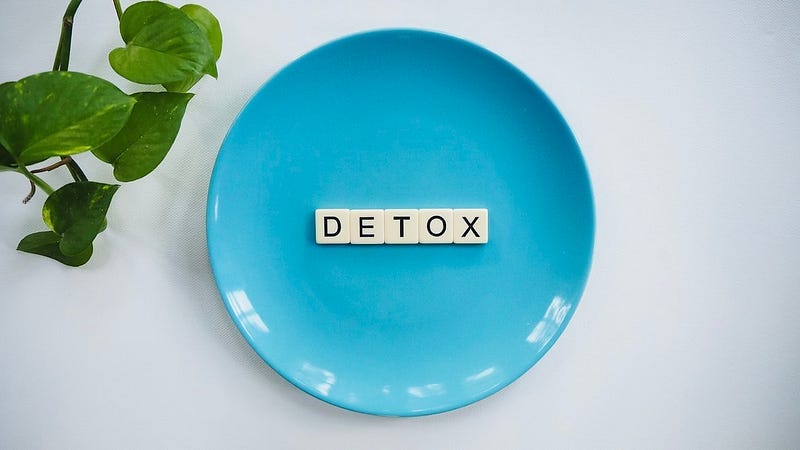Why You Need A Digital Detox [New Guide]
Technology addicts and gamblers share a lot of similarities. They both believe that a particular behavior is likely to result in a reward…
Technology addicts and gamblers share a lot of similarities. They both believe that a particular behavior is likely to result in a reward, so they indulge in the behavior. They will do this even if there are negative consequences of the behavior.
The gambler is risking his financial stability. The technology user is risking his relationships, physical an…



